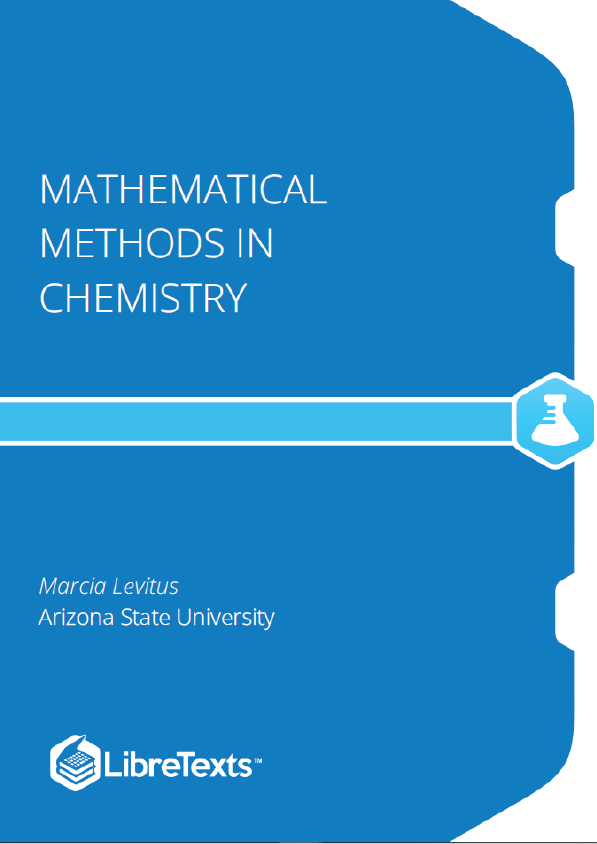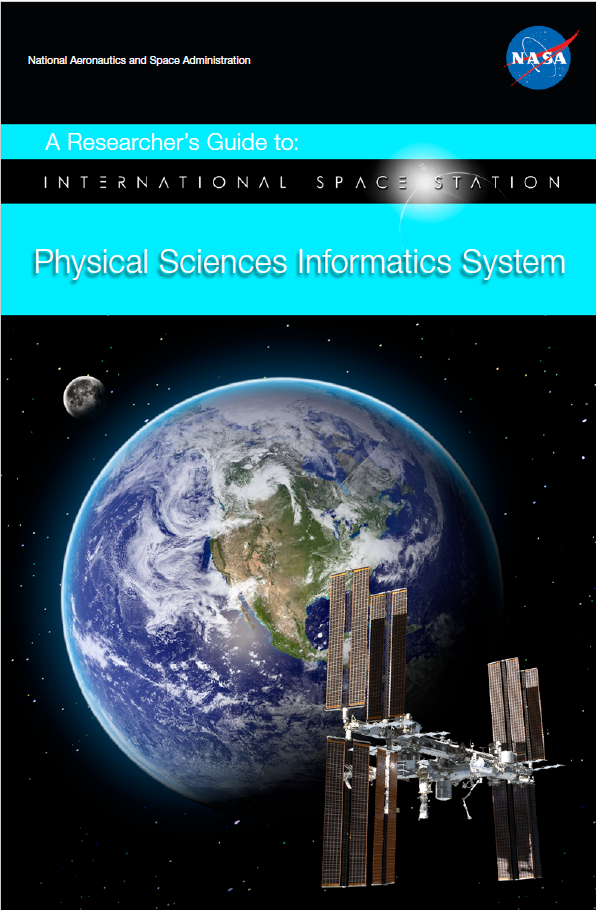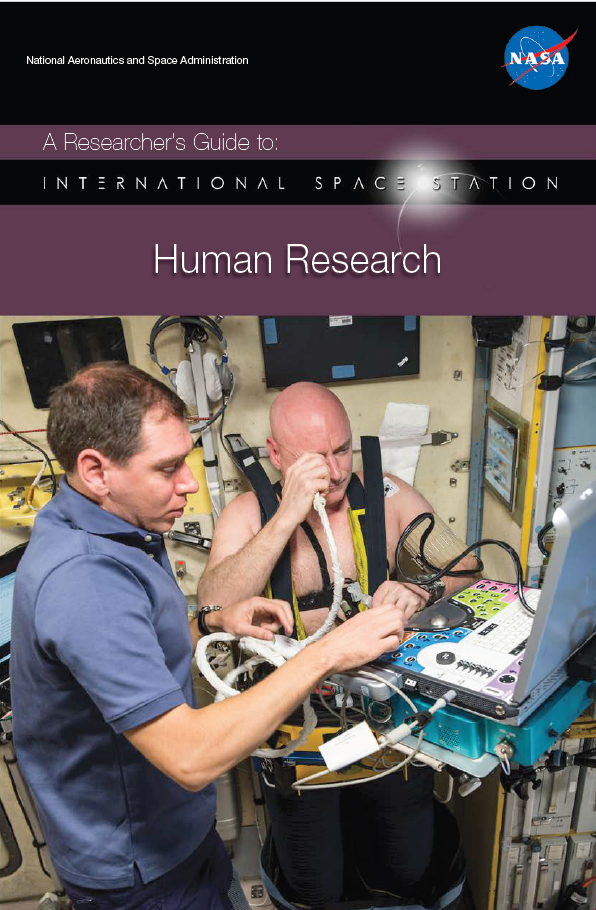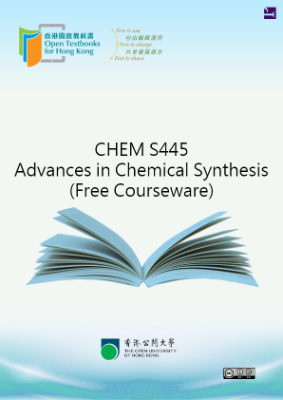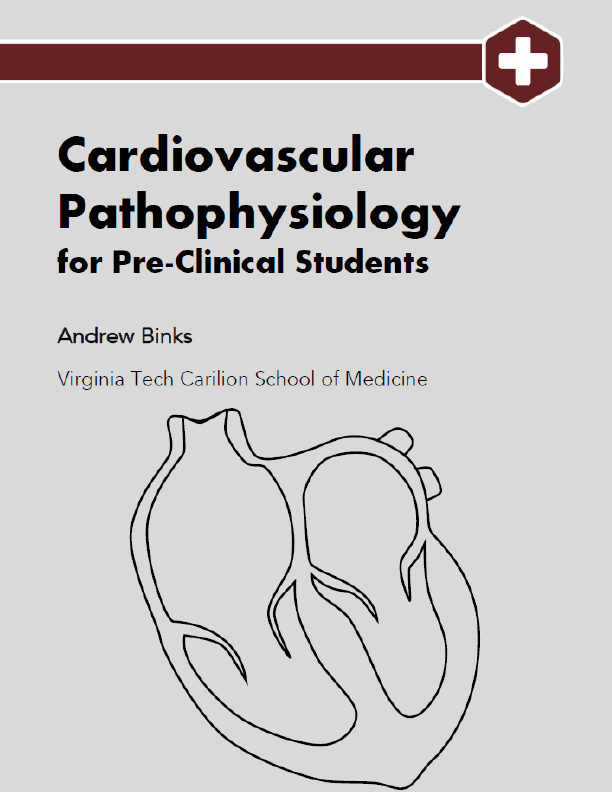What is Physical Chemistry?
Physical chemistry is the branch of chemistry that aims to develop a fundamental understanding of chemical processes and chemical compounds at the molecular and atomic level. Physical chemistry can be applied to practically any other branch of chemistry, including inorganic chemistry, organic chemistry, atmospheric chemistry, and biochemistry. Modern research in physical chemistry spans topics as varied as environmental and atmospheric processes, the kinetics and dynamics of chemical reactions, the behavior of excited states and their reactivity, the properties of glasses, polymers, liquids and solutions, the physical properties of biomolecules, biomaterials, surfactants and membranes, the principles of energy conversion and storage, etc. Regardless of the application, physical chemists seek to understand chemical systems in quantitative terms.
The need for a strong mathematical foundation
Physical chemistry is the most mathematics-intensive course you will take as a chemistry student. Yet, it would be a mistake to think that only physical chemists need a strong mathematical foundation. Today, more than ever, a strong quantitative foundation is a requisite, or at least a huge advantage, to do research in practically any branch of chemistry. We are well past the days when organic chemistry was built on intuition and good laboratory skills. Today, chemists use mathematical and physical tools to predict the properties of chemicals, the path of reactions, and to design materials with a particular set of properties. Pharmaceutical companies hire chemists to use computational tools that rely heavily on physics and math to predict the interactions between potential drugs and their targets, so they can concentrate on synthesizing only the ones that show some promise. Biochemists can now measure the simultaneous expression levels of tens of thousands of genes in DNA arrays, which produce vast amounts of data that need to be analyzed using mathematical tools. We can find examples of how mathematics plays a central role in almost any field of modern chemistry. In the 21st century, not having a strong mathematical foundation is a handicap that you cannot afford to have.
This course requires that you are comfortable with same basic mathematical operations and basic calculus. It is imperative that you go over this chapter carefully and identify the topics you may need to review before starting the semester. You will be too busy learning new concepts soon, so this is the right time for you to seek help if you need it. Notice: This chapter does not contain a review of topics you should already know. Instead, it gives you a list of topics that you should be comfortable with so you can review them independently if needed. Also, remember that you can use the formula sheet at all times, so locate the information you have and use it whenever needed!
